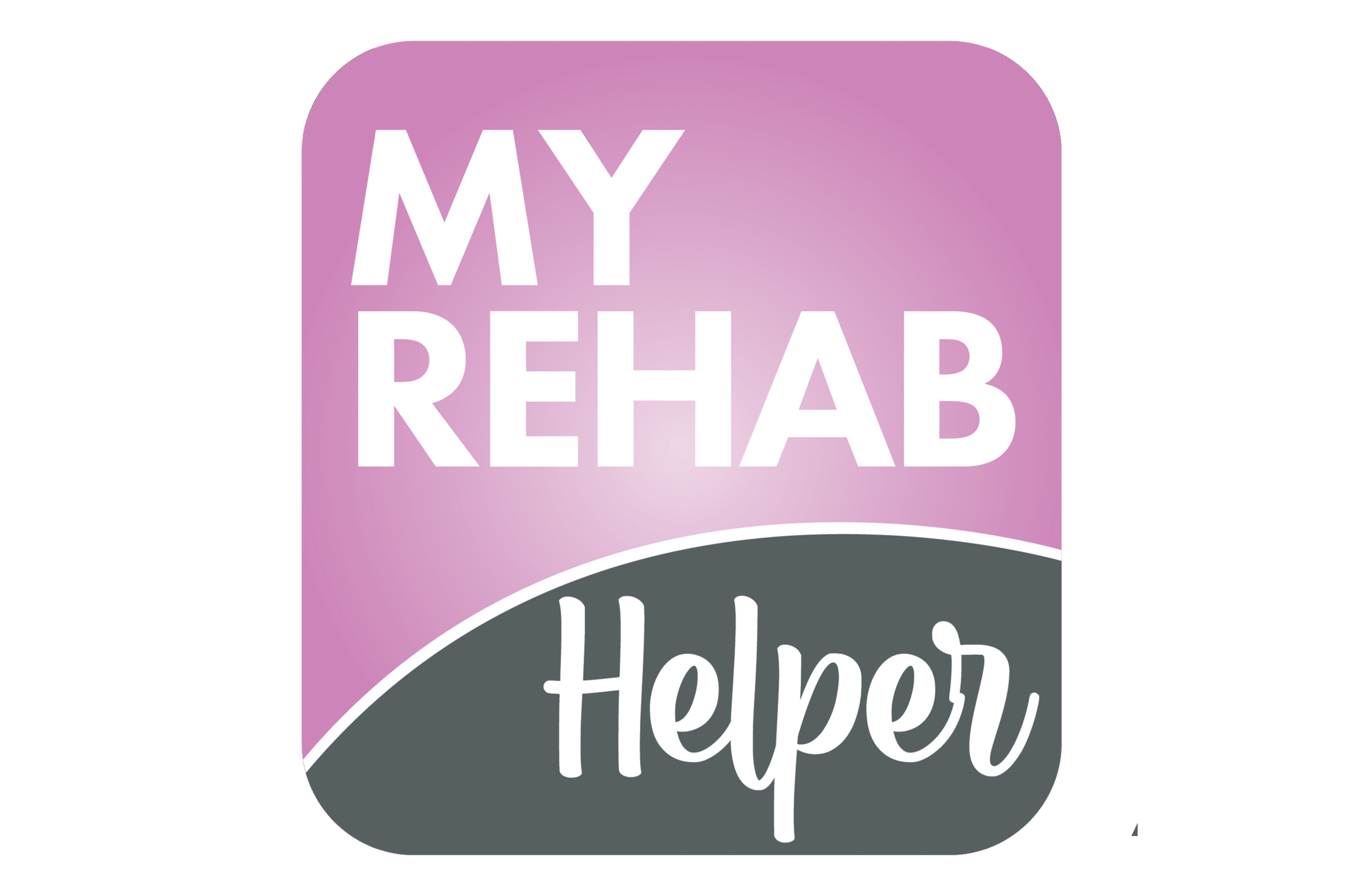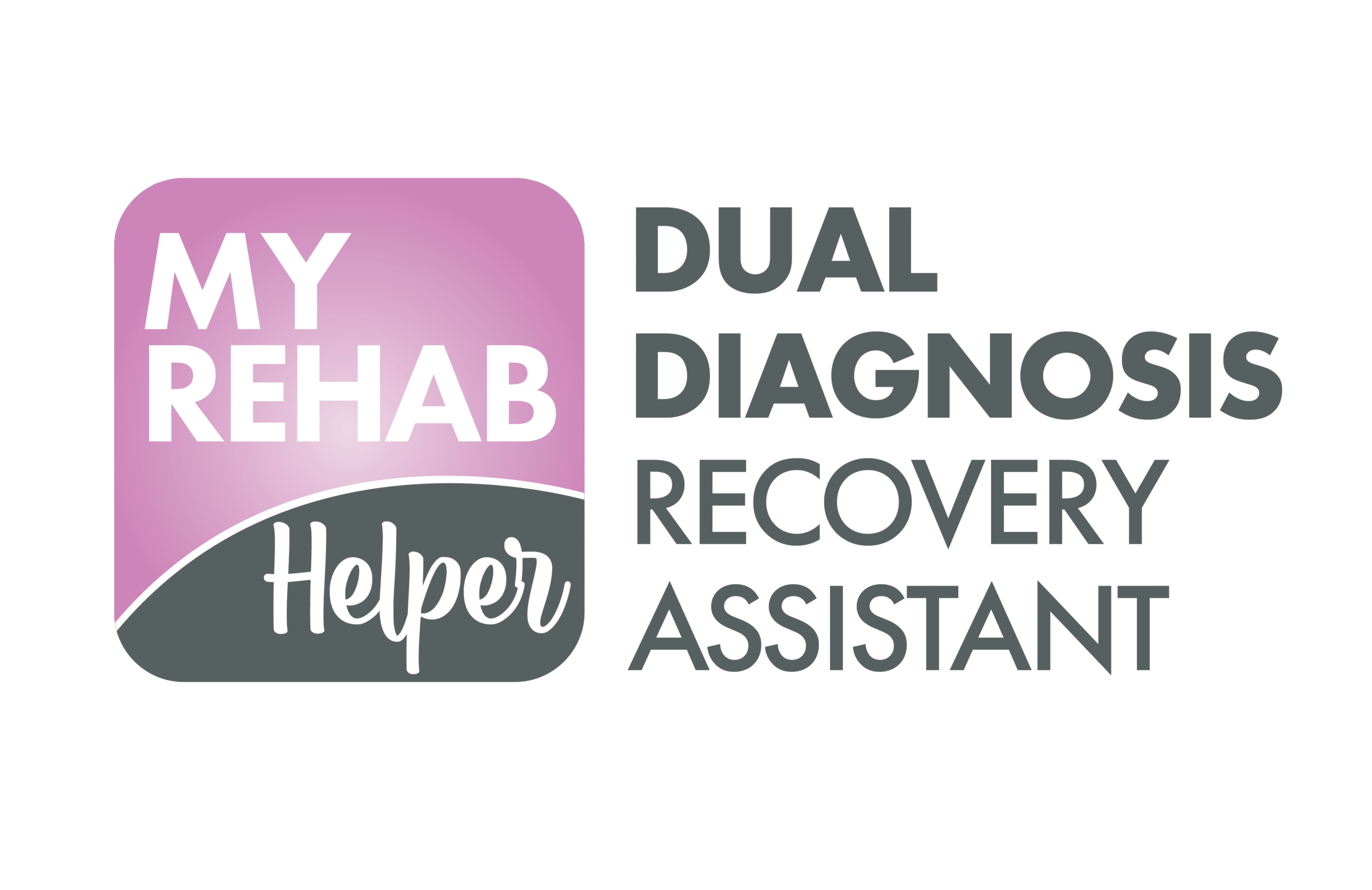
What is Sleeping Pill Addiction? Understanding and Treatment
What is Sleeping Pill Addiction?
Understanding Sleeping Pill Addiction
Sleeping pill addiction occurs when an individual becomes physically or psychologically dependent on prescription medications used to treat insomnia or other sleep disorders. These medications, often benzodiazepines or non-benzodiazepine sedatives, are effective for short-term use but can lead to misuse, tolerance, and dependence if used over extended periods. As the body becomes accustomed to the medication, higher doses may be required to achieve the same effect, increasing the risk of addiction. Recognizing the signs of sleeping pill addiction is crucial for early intervention, and with the right treatment, individuals can regain control of their lives. At MyRehab Helper, we specialize in helping individuals understand, address, and recover from sleeping pill addiction with comprehensive treatment plans tailored to each person's needs.
Types of Sleeping Pills Commonly Associated with Addiction
Sleeping pills like benzodiazepines (e.g., Valium, Xanax, Ativan) and non-benzodiazepine sedatives (e.g., Ambien, Lunesta, Sonata) are commonly linked to addiction. These medications, often prescribed for insomnia or anxiety, can lead to dependence when used long-term or in higher doses. Over time, users may develop a tolerance, requiring more of the drug to achieve the same effect, which increases the risk of addiction. At MyRehab Helper, we provide tailored treatment for sleeping pill addiction, addressing both physical and emotional recovery needs.
How Addiction Develops
Addiction to sleeping pills often begins with the regular use of the medication for legitimate reasons, such as treating insomnia or anxiety. Over time, the body can build a tolerance, leading individuals to take higher doses to achieve the same effects. This can quickly spiral into dependence, where the person feels they cannot function without the drug. Withdrawal symptoms can make it difficult to stop, reinforcing the cycle of addiction. Understanding how this process works is key to effective treatment and recovery, and MyRehab Helper offers specialized programs to break this cycle.
Call one of our MyRehab Helpers now!
Contact one of our helpers for ethical referals to a facility or health care professional that suits your unique circumstances.
Signs of Sleeping Pill Addiction
Recognizing the signs of sleeping pill addiction is crucial for early intervention. Common indicators include increased tolerance, needing higher doses to fall asleep, frequent cravings, and using pills even when they are no longer needed. Individuals may also experience mood swings, memory problems, and difficulty functioning without the medication. If you or someone you know is showing these signs, seeking professional help at a substance abuse rehabilitation centre is an essential step toward recovery.
Risks of Sleeping Pill Addiction
Sleeping pill addiction can lead to serious physical and mental health risks. Over time, dependence can cause impaired cognitive function, memory loss, and difficulty concentrating. Increased dosages may lead to overdose, respiratory issues, or even death. Long-term use can also disrupt sleep patterns, making insomnia worse. Additionally, addiction often contributes to emotional instability, anxiety, and depression. It's crucial to seek help from a substance abuse rehabilitation centre to address these risks and start the path to recovery.
Treatment for Sleeping Pill Addiction
Treatment for sleeping pill addiction typically involves a combination of medical detox, therapy, and ongoing support. Detoxification helps manage withdrawal symptoms safely, while therapy, such as Cognitive Behavioral Therapy (CBT), addresses the underlying causes of addiction. Counseling and support groups play a key role in helping individuals understand their addiction and develop healthier coping mechanisms. A substance abuse rehabilitation centre offers personalized treatment plans to guide individuals through recovery, promoting long-term sobriety and mental well-being.
Promoting Lifestyle Changes
Promoting lifestyle changes is a crucial aspect of overcoming sleeping pill addiction. Recovery involves more than just quitting the substance; it’s about rebuilding a healthier, balanced life. This includes developing healthy sleep habits, engaging in physical activity, managing stress, and adopting a nutritious diet. At a substance abuse rehabilitation centre, individuals are encouraged to create new routines that support their recovery journey. These lifestyle changes help to reduce the risk of relapse and improve overall well-being, setting the foundation for lasting recovery.
Developing Healthier Sleep Habits
Developing healthier sleep habits is a key part of overcoming sleeping pill addiction. Establishing a consistent sleep routine, such as going to bed and waking up at the same time every day, can help regulate the body’s natural sleep cycle. Avoiding stimulants like caffeine and electronics before bedtime, along with creating a relaxing environment, can also promote better sleep. In a substance abuse rehabilitation centre, clients receive guidance on how to implement these habits, improving both their sleep quality and overall recovery process. Healthy sleep practices play a significant role in reducing reliance on medications and supporting long-term wellness.
Understanding Sleep Disorders
Understanding sleep disorders is essential in treating sleeping pill addiction. Conditions such as insomnia, sleep apnea, and restless leg syndrome often lead individuals to rely on sleeping pills for relief. However, using medication as a long-term solution can worsen the underlying sleep issue and create a cycle of dependency. At a substance abuse rehabilitation centre, professionals assess the root causes of sleep disturbances and offer tailored treatment plans. By addressing both the addiction and the sleep disorder, individuals can achieve lasting recovery and regain control over their sleep patterns in a healthier way.
Monitoring Prescription Use
Monitoring prescription use is a crucial step in preventing and managing sleeping pill addiction. Overuse or misuse of sleeping medications can quickly lead to dependency, especially if they are taken outside of prescribed guidelines. In a substance abuse rehabilitation centre, medical professionals closely monitor patients' medication use, ensuring that prescriptions are followed accurately and safely. This monitoring helps identify any signs of misuse early, allowing for timely intervention and adjustments to the treatment plan. By maintaining strict oversight, individuals can safely transition away from sleeping pills and focus on rebuilding healthier sleep habits.
Avoiding Tolerance Development
Tolerance development is a common concern with sleeping pill use, where the body becomes accustomed to the medication, requiring higher doses to achieve the same effect. This can increase the risk of addiction and dangerous side effects. At a substance abuse rehabilitation centre, professionals work with individuals to gradually reduce reliance on sleeping pills, using alternative therapies and strategies to address sleep issues. Cognitive-behavioral therapy (CBT) and relaxation techniques can help break the cycle of tolerance, promoting healthier, long-term sleep patterns without the need for escalating doses. Preventing tolerance is key to ensuring sustainable recovery and improving overall well-being.
Call one of our MyRehab Helpers now!
Contact one of our helpers for ethical referals to a facility or health care professional that suits your unique circumstances.
Engaging in Continuous Care
Continuous care is essential for individuals recovering from sleeping pill addiction. After the initial treatment phase, ongoing support ensures long-term success and reduces the risk of relapse. At a substance abuse rehabilitation centre, continuous care includes regular check-ins, therapy sessions, and access to support groups. This structured approach helps individuals stay accountable, manage triggers, and maintain the progress they’ve made. By fostering a supportive environment and providing consistent guidance, continuous care plays a crucial role in sustaining recovery, rebuilding healthy habits, and improving overall quality of life.
Identifying Co-occurring Disorders
Many individuals struggling with sleeping pill addiction may also have co-occurring mental health disorders, such as anxiety, depression, or PTSD. These conditions can complicate the recovery process and require specialized treatment. Identifying and addressing these co-occurring disorders is a crucial part of comprehensive care. At a substance abuse rehabilitation centre, professionals conduct thorough assessments to identify underlying mental health issues, allowing for a tailored treatment plan. By treating both the addiction and the co-occurring disorders simultaneously, individuals have a better chance of achieving long-term recovery and improving their overall mental well-being.
Utilizing Support Systems
Support systems play a pivotal role in overcoming sleeping pill addiction. Family, friends, and support groups provide the emotional encouragement and accountability needed during recovery. Engaging in group therapy or peer support groups, such as 12-step programs, offers a sense of community and shared experience, helping individuals feel understood and less isolated. Additionally, professional counselors and addiction specialists can guide individuals through the recovery process, helping them navigate challenges and stay on track. At a substance abuse rehabilitation centre, building a strong, supportive network is integral to sustaining long-term recovery and preventing relapse.
Implementing Effective Coping Skills
Developing and implementing effective coping skills is crucial in overcoming sleeping pill addiction. These skills help individuals manage stress, anxiety, and other triggers that may lead to substance use. Techniques such as mindfulness, deep breathing, cognitive-behavioral strategies, and relaxation exercises can help individuals stay grounded in the moment and reduce the urge to rely on sleeping pills. In therapy, patients learn how to identify negative thought patterns and replace them with healthier coping mechanisms. Building a toolbox of coping strategies enables individuals to handle life's challenges without resorting to substances, ultimately supporting lasting recovery.
Encouraging Open Dialogue
Encouraging open dialogue is essential in the recovery process from sleeping pill addiction. Creating a safe and supportive environment where individuals feel comfortable discussing their challenges, fears, and progress can significantly enhance their journey to recovery. Open communication with family, friends, and healthcare professionals fosters trust and allows for timely interventions when necessary. It also helps individuals to address underlying issues contributing to their addiction, such as anxiety or insomnia, in a healthy and constructive way. By promoting honesty and transparency, individuals can build stronger connections and feel empowered to face obstacles with confidence.
